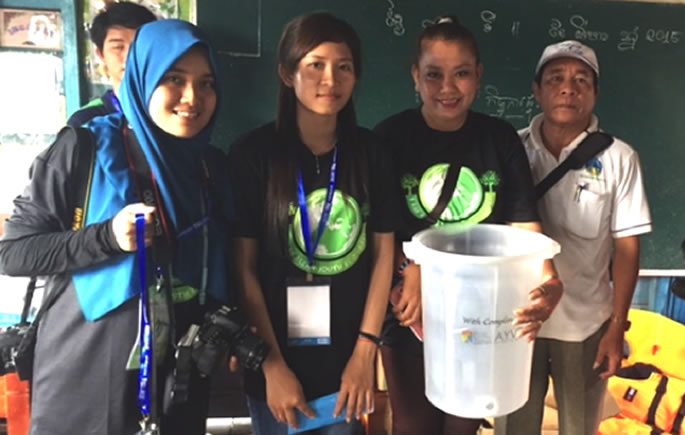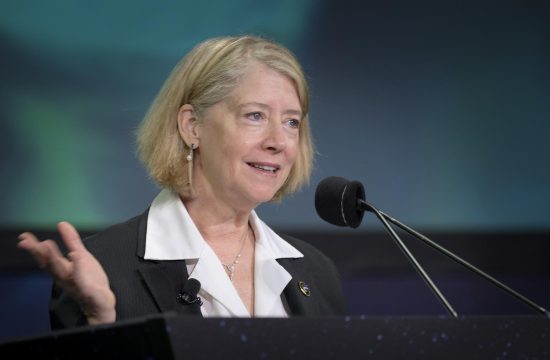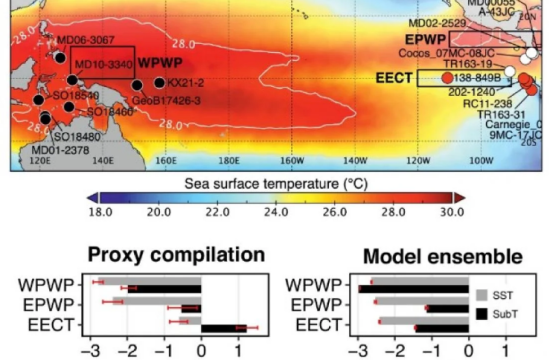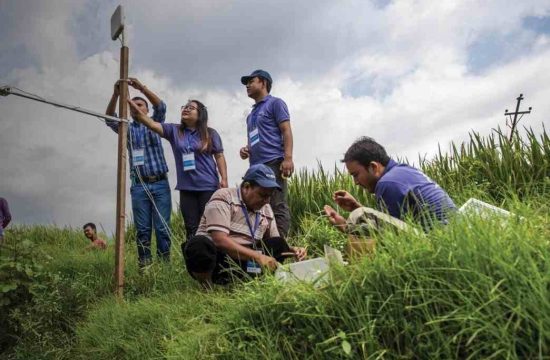 BANGI – Some 50 South-East Asian students who had taken part in a volunteer youth program jointly sponsored by The National University of Malaysia (UKM) and others in Cambodia, returned home after completing their project with expectations that they will contribute to the conservation of the region’s environment.
BANGI – Some 50 South-East Asian students who had taken part in a volunteer youth program jointly sponsored by The National University of Malaysia (UKM) and others in Cambodia, returned home after completing their project with expectations that they will contribute to the conservation of the region’s environment.
[pullquote]From a total of 2,066 applications, the top 50 youth volunteers across the ASEAN member states were selected to take part in this four-week volunteer-leadership program.[/pullquote]
From a total of 2,066 applications, the top 50 youth volunteers across the ASEAN member states were selected to take part in this four-week volunteer-leadership program from August 2 to 29 , focusing on the Environment, especially on Water, Sanitation and Hygiene (WASH).
The ASEAN Youth Volunteer Programme (AYVP) Eco Leaders project were in Phnom Penh for weeks one and four while weeks two and three were spent with the communities, learning about their way of life, challenges and creating awareness on WASH.
On location, they engaged the Krakor Floating Village at the Tonle Sap lake in projects related to water sanitation, personal hygiene and waste management.
Some of the students from outside Cambodia admitted that they were shocked to find out about the squalid and cramped living conditions at the Krakor Floating Village, where 90 % of the inhabitants live in boat houses.
However, the volunteers devised various procedures to filter water and brought with them appliances that helped make life easier for the residents, who are mostly fishermen.
The locals were facing serious problems in accessing safe and sustainable water. The Eco-leaders also taught the villagers on the proper ways of hand washing as to increase the local’s awareness on the proper sanitation.
One of the Eco leaders, Malaysian Rachel Low spoke about her experiences for two weeks at the Krakor Floating village.
“There was water everywhere and yet we faced a water shortage. We had to share water and we couldn’t take baths as often as we wanted. The only place we could chill out when we were not assisting the villagers was on the roof tops of the floating houses at night.
“I do believe from all of these trainings I am confident that I can give back to society. I have the advantage of not having to go back to the village, but I miss my friends, especially when we went to buy grilled corn,” she said in her talk at the closing ceremony of the programme.
Apart from the home-stay at lake Tonle Sap, the volunteers also took part in interactive workshops with facilitators and guest speakers, including from USAID, an American government aid agency in Phnom Penh.
One of the presenters, Richard Nyberg is a senior regional committee advisor at USAID.
He believed that social media can help encourage more youths to become volunteers.
“45% of social media users are in the Asia Pacific region. Facebook use is huge in South-East Asia. But its not enough to just post tweets and pictures. You have to be creative,” said Nyberg.
He advised the Eco leaders to also post videos of their most interesting experiences, especially if the incidents are humourous or poignant.
Earlier, AYVP Cambodia 2015 facilitators underwent training with the International Federation of the Red Cross and Red Crescent Societies and USAID. Among the topics discussed are non-discrimination, safety and security, psychosocial support, leadership and facilitation activities.
This year’s AYVP was a joint partnership between UKM and Royal University of Phnom Penh (RUPP), with USAID, ASEAN Secretariat, Ministry of Youth and Sports, Malaysia, Ministry of Education, Youth and Sports, Cambodia, and UN Volunteers.
This is the second batch of the ASEAN Youth Eco Leaders after running this program successfully since 2013, with the first two programmes held at UKM and various locations in Malaysia.








